Dong said in the past, most Chinese enterprises adopted the original equipment manufacturer or OEM model, but nowadays they have built up self-owned brands in a bid to bolster competitiveness on the global stage.
Retail sales of China's home appliances sector reached 849.8 billion yuan in 2023, up 3.6 percent year-on-year, according to AVC.
Chen Hui, general manager of AVC Revo, said, "Chinese household appliance companies have increased their manufacturing capacities overseas and improved their global layout to mitigate the negative impacts of tariff barriers and reduce costs since the start of trade frictions between China and the United States."
Chen said establishing global R&D centers will help Chinese enterprises gain innovation advantages, master new technologies and obtain a greater voice in increasingly fierce international competition.
The Middle East and Africa serve as important markets participating in the Belt and Road Initiative, presenting huge growth potential for Chinese enterprises to expand their global footprint, industry insiders said.
Last month, Hisense opened a research and development center in Dubai, its first comprehensive R&D facility in the Middle East and Africa region, which represents one of the fastest-growing markets for the company covering 74 countries and regions with a total population of about 1.5 billion people.
The center is designed for R&D of air conditioners, TVs, refrigerators and washing machines, as well as energy efficiency and sustainability projects. It will also serve as Hisense's training base for its regional sales and service teams and local partners.
The establishment of the center "represents not only Hisense's long-term commitment to engaging Dubai and the Middle East and Africa markets, but also its determination to get closer to its customers and provide them with higher-quality products and service," said Jia.
Hisense also recently opened a new factory in Egypt, as part of the company's effort to speed up its business layout in Africa. It has built multiple production lines or new factories with local partners, producing not only home appliances, but also business-to-business products such as car use air conditioners, Jia said.
Moreover, Chinese robotic vacuum cleaners, as a new type of intelligent home appliances, are gaining in popularity among overseas consumers as domestic players have stepped up their push to expand global presence.
Robot vacuum cleaner maker Dreame Technology has seen robust growth in international markets in recent years.
The company's export revenue surged more than 120 percent year-on-year in 2023, with global sales of its robotic vacuum cleaners surpassing 2.4 million units, skyrocketing 300 percent from a year earlier. Over 50 percent of its revenue came from overseas markets last year, it said.
Currently, Dreame Technology's products are available in more than 100 countries and regions, including Europe, North America, Southeast Asia, East Asia, the Middle East, Africa and South America.
The number of its brick-and-mortar stores has reached over 5,500 across the globe, and its robotic vacuum cleaners have captured the top spot by market share in Singapore, Germany and France.
Yu Hao, founder and CEO of Dreame Technology, said the company will increase investment in R&D, establish global industrial chain systems and retail networks and enhance operating capacity in international markets.
Liang Zhenpeng, an independent consumer electronics analyst, said overseas consumers have shown growing demand for China-made diversified, personalized and customized home appliances and are keen to buy intelligent and high-quality goods.
Liang said he is bullish on the growth prospects of Chinese home appliance makers abroad.
"Meanwhile, Chinese manufacturers face some challenges and difficulties when expanding overseas; they should capture local demand on time, learn more about relevant laws, regulations and quality standards in these countries and regions, and adjust supply chains to make products that meet local requirements," Liang said.
The demand for household appliances varies across countries due to the different living habits and culinary traditions of the people, said Pan Jun, a visiting professor at Donghua University in Shanghai.
Chinese household appliance companies should attach greater importance to products' R&D, pour more resources into technological innovation and optimize product functions to cater to the diversified needs of shoppers overseas, Pan added.









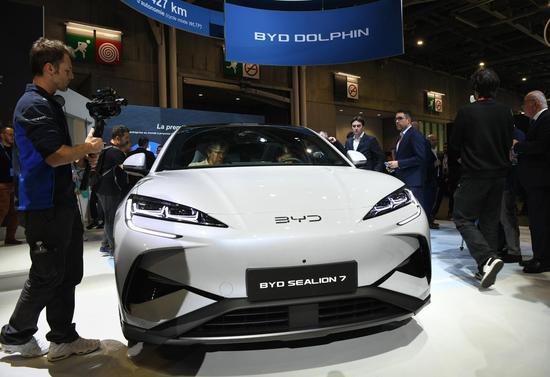



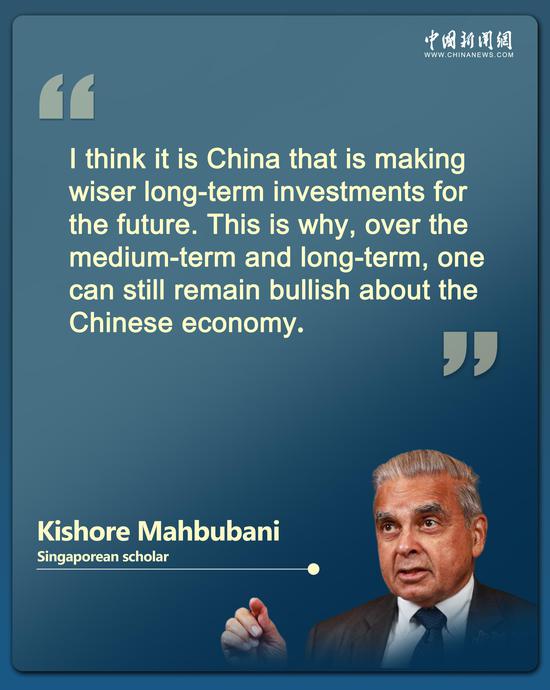




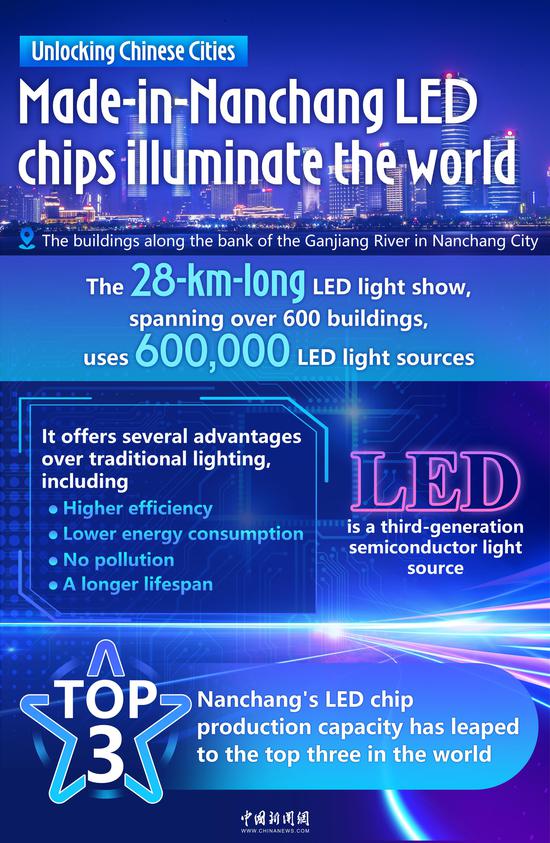








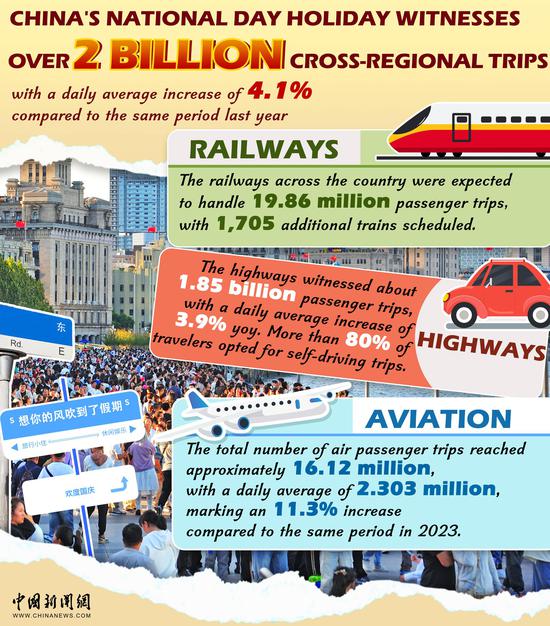



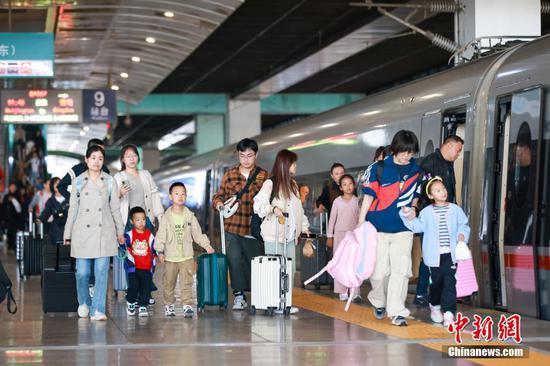



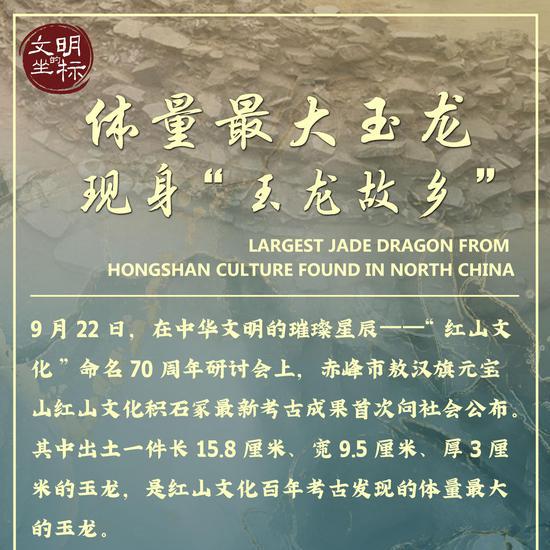
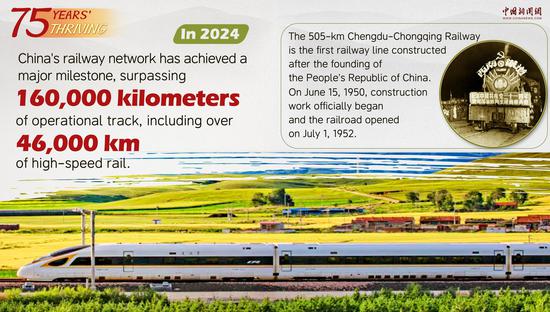







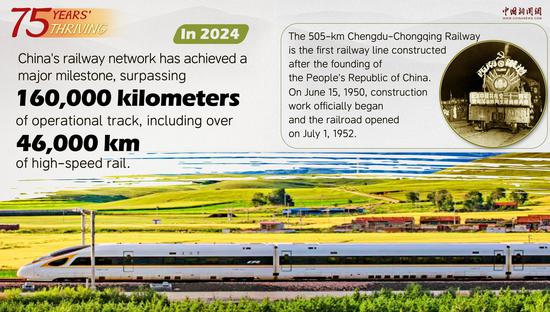



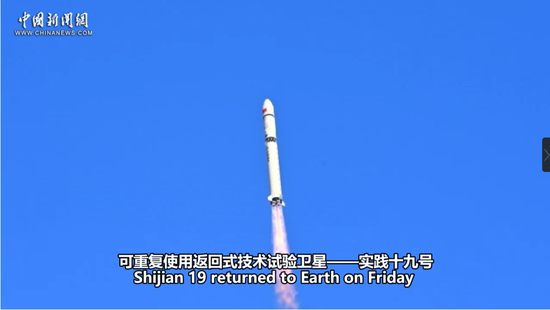

 京公网安备 11010202009201号
京公网安备 11010202009201号